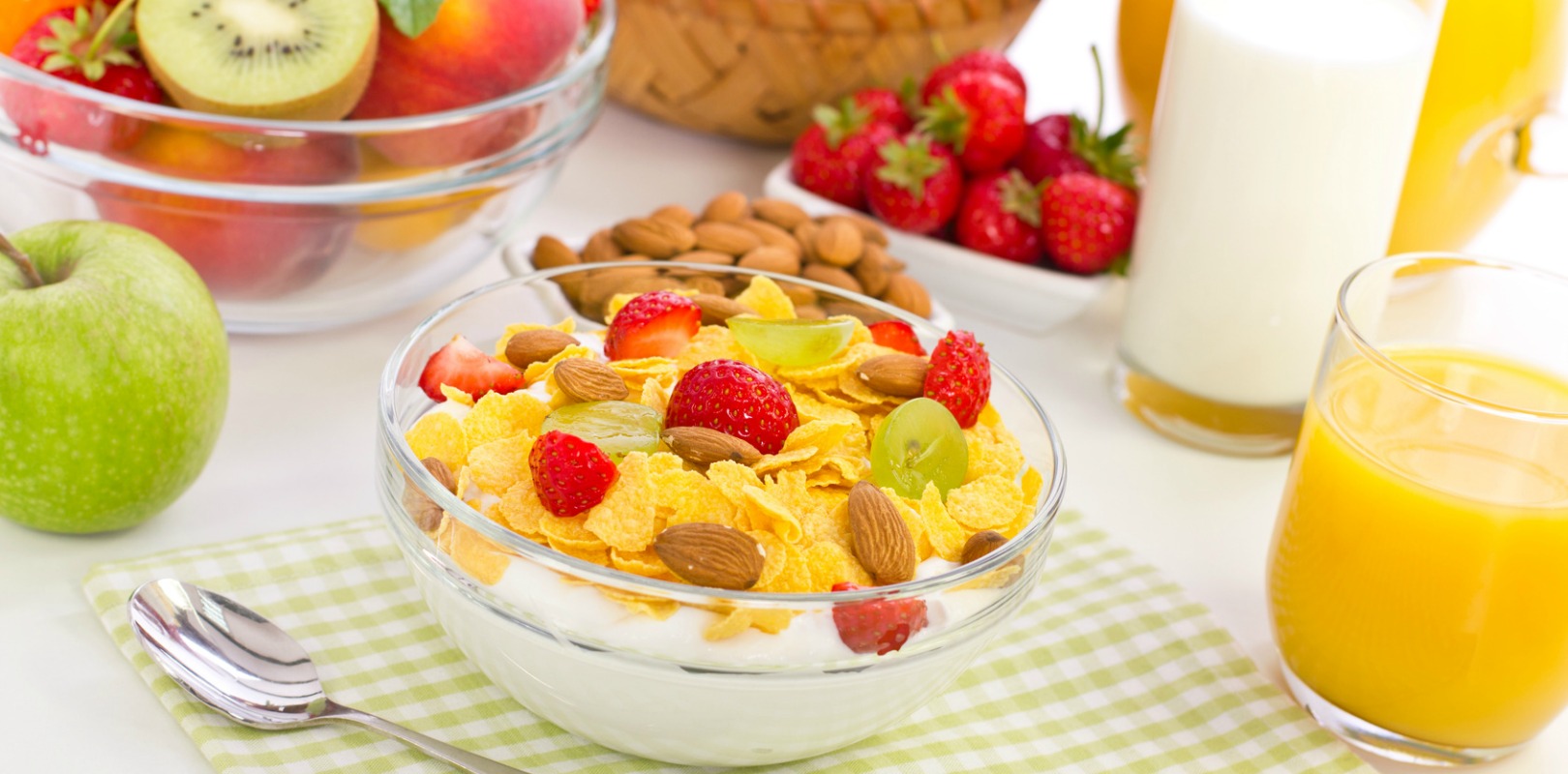Making small, consistent changes to the types of protein- and carbohydrate-rich foods we eat may have a big impact on long-term weight gain, according to a new study led by researchers at the Friedman School of Nutrition Science & Policy at Tufts University. The results emphasizes specific protein-rich foods like fish, nuts, and yogurt that prevent weight gain. This study adds to growing new research that counting calories is not the most effective strategy for long-term weight management and prevention.
Based on more than 16 years of follow-up among 120,000 men and women from 3 long-term studies of U.S. health professionals, the authors first found that diets with a high glycemic load (GL) from eating refined grains, starches, and sugars were associated with more weight gain. Next, the authors determined whether changes in GL impacted the relationship between major protein-rich foods and long-term weight gain. They first looked at the relationship between changes in protein foods and weight gain during every four-years of follow-up. Several key results were seen:
- Increasing intakes of red meat and processed meat were most strongly associated with weight gain.
- Increasing intakes of yogurt, seafood, skinless chicken, and nuts were most strongly associated with weight loss – the more people ate, the less weight they gained.
- Increasing other dairy products, including full-fat cheese, whole milk, and low-fat milk, did not significantly relate to either weight gain or weight loss.
According to Jessica Smith, first author, the fat content of dairy products did not seem to be important for weight gain. In fact, when people consumed more low-fat dairy products, they actually increased their consumption of carbohydrates, which may promote weight gain. This suggests that people compensate, over years, the lower level calories in low-fat dairy by increasing their carbohydrates intake.
Combination of foods makes a big difference
The authors also noted several synergistic relationships between changes in protein-rich foods and changes in GL of the diet. For example, increasing servings of foods linked to weight gain, like red meat, and at the same time increasing GL by eating more low quality carbohydrates like white bread, strengthened the foods’ association with weight gain. But decreasing GL by eating, for example, red meat with vegetables, mitigated some of that weight gain.
For fish, nuts, yogurt and other foods associated with weight loss, decreasing GL enhanced their weight loss effect, while increasing GL decreased their weight loss effect. Yogurt and fruits are then such an ideal combination on a daily habit. Notably, although other foods like eggs and cheese were not linked to weight change on average, when servings of these foods were increased in combination with increased GL, they were linked to weight gain. On the other hand, when servings of eggs and cheese were increased in combination with decreased GL, the participants actually lost weight.
These findings suggest we should not only emphasize specific protein-rich foods like fish, nuts, and yogurt to prevent weight gain, but also focus on avoiding refined grains, starches, and sugars in order to maximize the benefits of these healthful protein-rich foods, create new benefits for other foods like eggs and cheese, and reduce the weight gain associated with meats.



